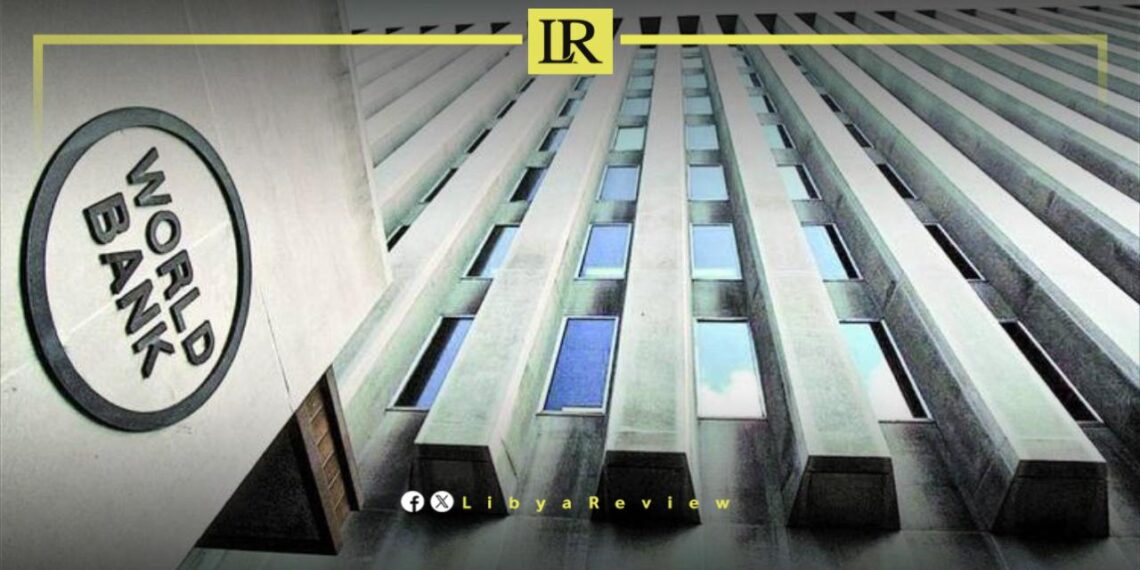The World Bank has reported that Libya’s fuel smuggling problem incurs losses of at least $5 billion annually. The issue stems from the country’s ineffective subsidy system, which has been in place since 1971, originally aimed at providing affordable basic goods, energy, and services to consumers.
Attempts to reform the subsidy system between 2005 and 2010 failed, and subsidies remain a significant burden on Libya’s state budget.
The World Bank notes that subsidies and managed prices account for 9.3% of Libya’s GDP on average (2015–2023). Despite this, the system is highly inefficient, with large quantities of subsidised fuel smuggled to neighbouring countries.
Libya, with limited refining capacity, relies heavily on importing or trading fuel, which is then sold domestically at subsidised prices.
Fuel imports from Russia have surged since February 2023, following the European Union’s ban on Russian petroleum products. Libya is now the third-largest global buyer of Russian diesel and the largest in the Arab world. Fuel smuggling from Libya’s ports has also increased significantly since the Ukraine conflict began.
Fuel is sold locally at a subsidised price of 0.15 Libyan dinars per litre, making Libya’s fuel the second cheapest in the world after Iran. However, shortages are frequent, particularly in southern Libya, where fuel prices can reach 7 dinars per litre on the black market.
In January 2024, the Government of National Unity proposed replacing fuel subsidies with cash transfers, though political instability and limited government authority pose challenges. The World Bank emphasises that subsidy reforms must be accompanied by sufficient cash transfers to mitigate impacts on vulnerable households.
The report highlights that energy subsidies—covering electricity and petrol—account for over 90% of household energy consumption and government spending, disproportionately benefiting wealthier individuals.


